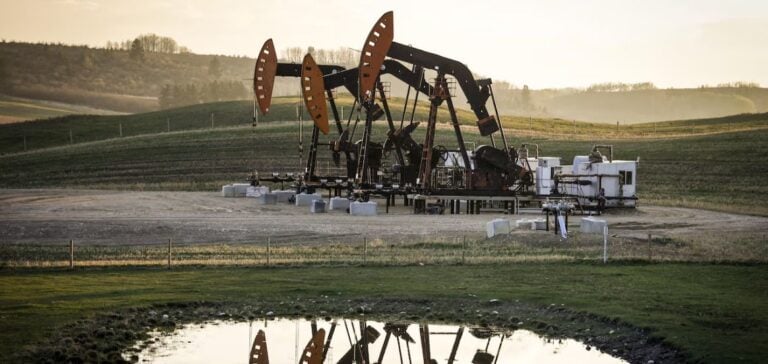The total number of active oil and gas rigs in the United States fell by three units to 563 in the week ending May 30, according to the weekly report from energy services company Baker Hughes. This figure marks the lowest recorded level since November 2021 and represents the fifth consecutive weekly decline, a pattern not seen since September 2023.
Trend reflects prolonged investment slowdown
In detail, oil rigs decreased by four to 461, while gas rigs increased slightly by one to 99. The overall rig count remains 37 units, or 6%, below the level seen at the same time last year. For the entire month, the count dropped by 24 rigs, the steepest monthly decline since August 2023 and the third consecutive month of decreases.
Over the full year 2024, the rig count has fallen by around 5%, following a 20% drop in 2023. This trend emerges in the context of sustained declines in crude oil and natural gas prices on US markets, leading companies to prioritise debt reduction and shareholder distributions over new investment.
Investment and production forecasts remain mixed
Independent exploration and production companies tracked by US financial services firm TD Cowen plan to reduce capital expenditures by around 3% in 2025 compared to 2024. This expected cut follows flat spending in 2024 and previous increases of 27% in 2023, 40% in 2022 and 4% in 2021.
According to the US Energy Information Administration (EIA), crude oil production is still expected to rise, from 13.2mn barrels per day in 2024 to around 13.4mn in 2025. This projected increase comes despite the forecast of declining prices for a third consecutive year.
Natural gas shows signs of recovery as prices rise
In the gas sector, the EIA projects an 88% increase in spot gas prices in 2025, which may prompt operators to boost drilling activity after a 14% decline in 2024. That price drop led several companies to cut output for the first time since the demand collapse linked to the 2020 pandemic.
Natural gas production is forecast to reach 104.9bn cubic feet per day in 2025, up from 103.2bn in 2024 and a record 103.6bn in 2023, according to the EIA.






















